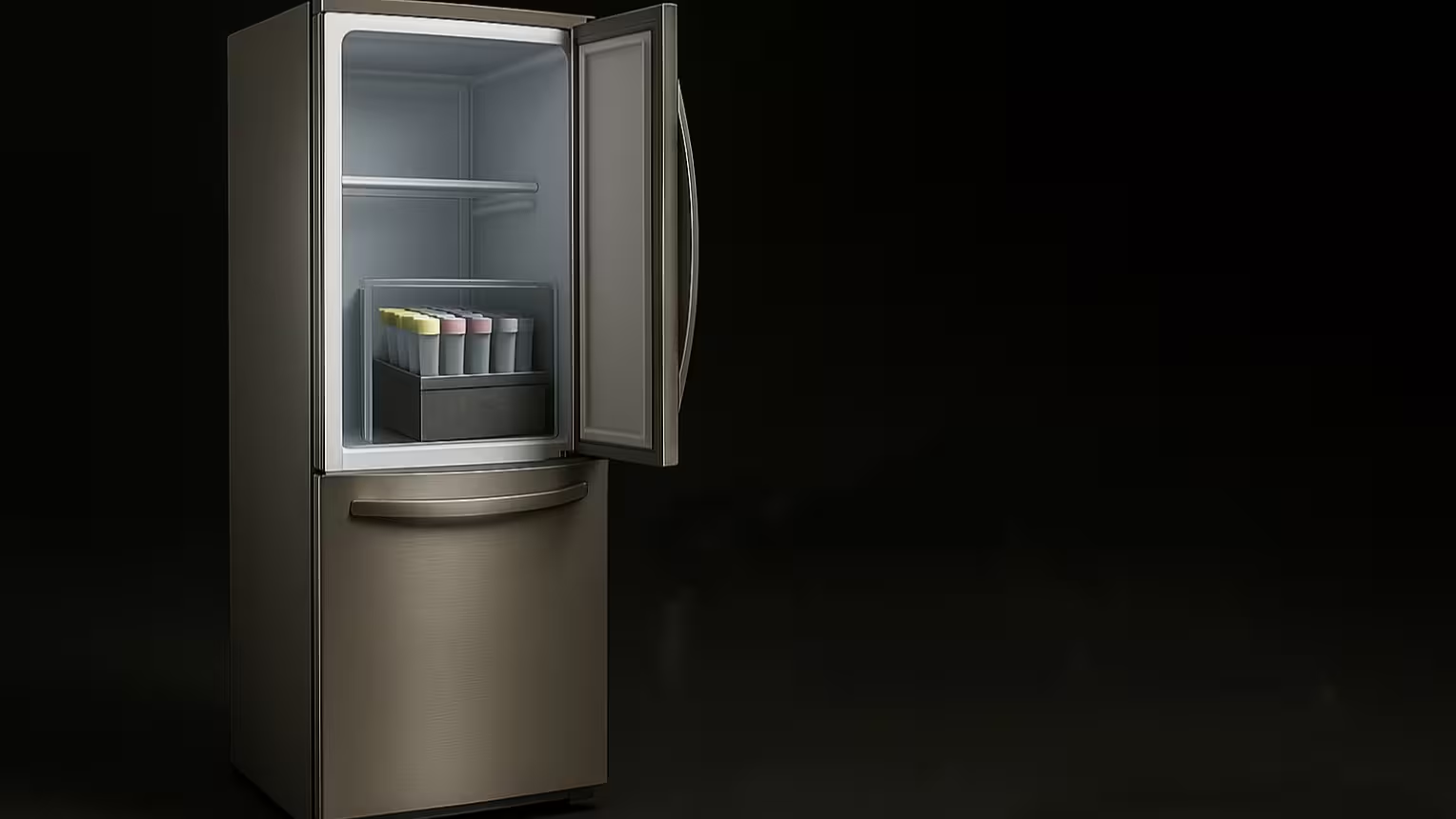Egg freezing, also known as oocyte cryopreservation, allows women to preserve their fertility by freezing and storing eggs for future use. As more women delay childbirth due to career goals, health reasons, or personal choices, egg freezing has become an increasingly popular option. This article explains how egg freezing works, who should consider it, and outlines the advantages and disadvantages to help you make an informed decision.
Table of contents
What Is Egg Freezing?
Egg freezing involves extracting a woman’s eggs, freezing them unfertilized, and storing them for later use. When a woman decides to conceive, doctors thaw the eggs, fertilize them with sperm in a lab through in vitro fertilization (IVF), and implant the resulting embryos in her uterus.
Also Read: Postpartum Reproductive Health: What Every Mother Should Know
How Does the Egg Freezing Process Work?
- Consultation and Evaluation:
- Doctors assess your reproductive health.
- Blood tests measure hormone levels like AMH (Anti-Mullerian Hormone).
- An ultrasound checks your ovarian reserve.
- Ovarian Stimulation:
- You take hormone injections for 10–14 days to stimulate the ovaries.
- These hormones help produce multiple eggs in one cycle.
- Egg Retrieval:
- Doctors perform a minor surgical procedure under sedation.
- They use an ultrasound-guided needle to retrieve the eggs.
- Freezing (Vitrification):
- The retrieved eggs are flash-frozen using a method called vitrification.
- Eggs can remain frozen for years without losing quality.
- Storage:
- Eggs are stored in liquid nitrogen tanks until you’re ready to use them.
Who Should Consider Egg Freezing?
- Women who want to delay pregnancy for personal or career reasons.
- Women undergoing cancer treatment or other medical procedures that may affect fertility.
- Women with a family history of early menopause.
- Transgender individuals who want to preserve fertility before transitioning.
Pros of Egg Freezing
- Gives You More Time
- You can delay parenthood without sacrificing the quality of your eggs.
- Protects Fertility During Medical Treatment
- Chemotherapy and radiation may harm fertility. Egg freezing preserves your ability to have biological children.
- Empowers Choice
- You don’t have to rush into parenthood due to biological constraints.
- Reduces Pressure in Relationships
- You can wait for the right partner without worrying about declining fertility.
- Advances in Technology
- Vitrification has made egg freezing much more successful than in the past.
Cons of Egg Freezing
- High Costs
- A single cycle can cost $10,000 to $15,000. Storage and future IVF add more expenses.
- No Guarantee of Pregnancy
- Freezing eggs doesn’t ensure a future pregnancy. Success depends on your age and egg quality.
- Hormonal Side Effects
- Hormone injections may cause bloating, mood swings, and discomfort.
- Medical Risks
- Though rare, egg retrieval can lead to complications like bleeding or infection.
- Emotional Impact
- The process can be emotionally and physically demanding.
Egg Freezing Success Rates
- Success depends largely on the woman’s age at the time of freezing.
- Women under 35 tend to have higher success rates.
- Studies show that using frozen eggs from younger women results in pregnancy rates similar to fresh eggs.
Costs and Insurance
- In the U.S., most insurance plans do not cover elective egg freezing.
- Some employers, especially in tech and finance, offer fertility preservation benefits.
- Costs include the procedure, medication, and annual storage fees.
Ethical and Social Considerations
- Some critics argue that egg freezing creates false hope or encourages delaying parenthood.
- Others see it as an empowering tool for reproductive freedom.
- Open discussions with doctors, counselors, and support groups can help you make the right choice.
How to Decide if Egg Freezing Is Right for You
- Speak to a reproductive endocrinologist.
- Assess your current fertility status.
- Consider your career, relationships, and life plans.
- Weigh the costs, success rates, and emotional aspects.
FAQs About Egg Freezing
How long can eggs stay frozen?
Eggs can remain frozen for 10 years or more. Current studies show no significant decline in egg quality over time.
What is the best age to freeze eggs?
The optimal age is before 35. Younger eggs have a higher chance of leading to successful pregnancies.
How many eggs should I freeze?
Doctors usually recommend freezing 10–20 eggs to increase the chances of a future pregnancy.
Does egg freezing affect my natural fertility?
No, the process does not harm your natural fertility or impact future natural conception.
Can I use donor sperm when thawing my eggs?
Yes, you can use donor sperm for fertilization during the IVF process.
Is egg freezing painful?
Most women experience minor discomfort during hormone injections and feel cramping after egg retrieval. Pain is usually manageable.
Are there age limits for using frozen eggs?
There is no legal age limit, but fertility clinics typically recommend using eggs before age 50 for health and safety.
Conclusion
Egg freezing offers hope and flexibility for many women. While it doesn’t guarantee pregnancy, it allows you to preserve the option of having biological children later. By understanding how the process works and considering the pros and cons, you can make a well-informed decision that aligns with your life goals.





